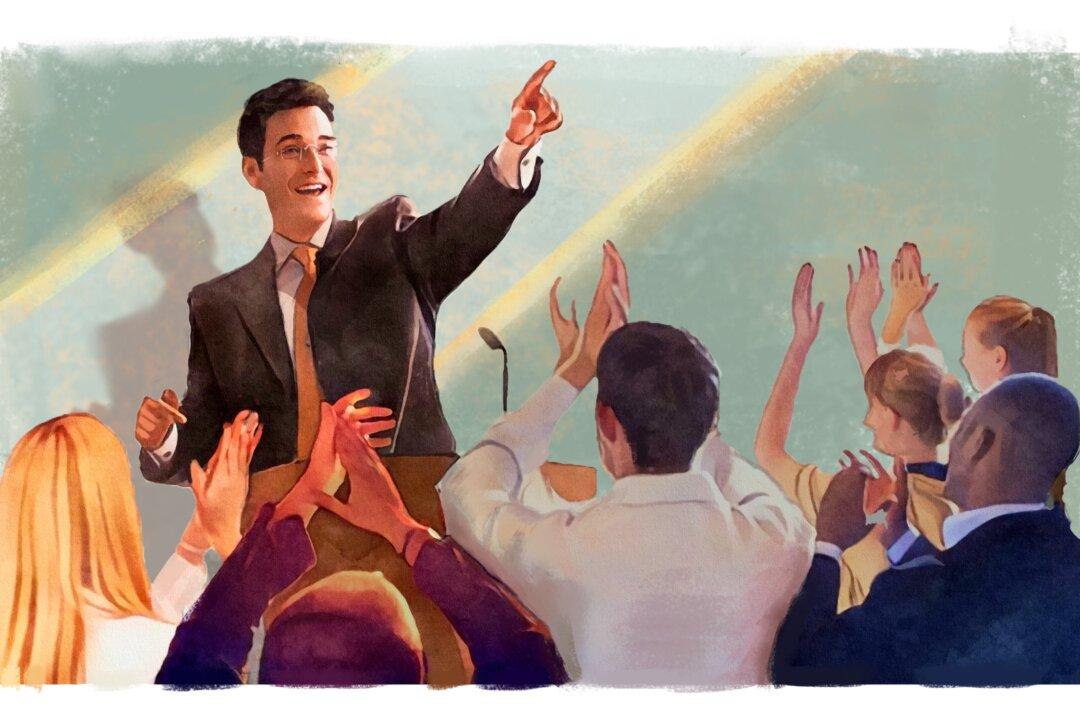When the Roman Senate granted a triumphus to a victorious military commander, that celebration included a great procession of notables, captives of war, treasures taken from the conquered, musicians, and other entertainers. In a chariot near the end of the procession rode the commander himself. Beside him stood a slave, holding a gold crown above the great man’s head. Throughout this parade, it was the slave’s job to continually whisper in the general’s ear words to this effect: “Remember, all glory is fleeting.”
In 21st-century America, many of us want to hop aboard that chariot and wear that golden crown. What some of us don’t want is some guy murmuring cautions in our ears such as “ego is the enemy.”






